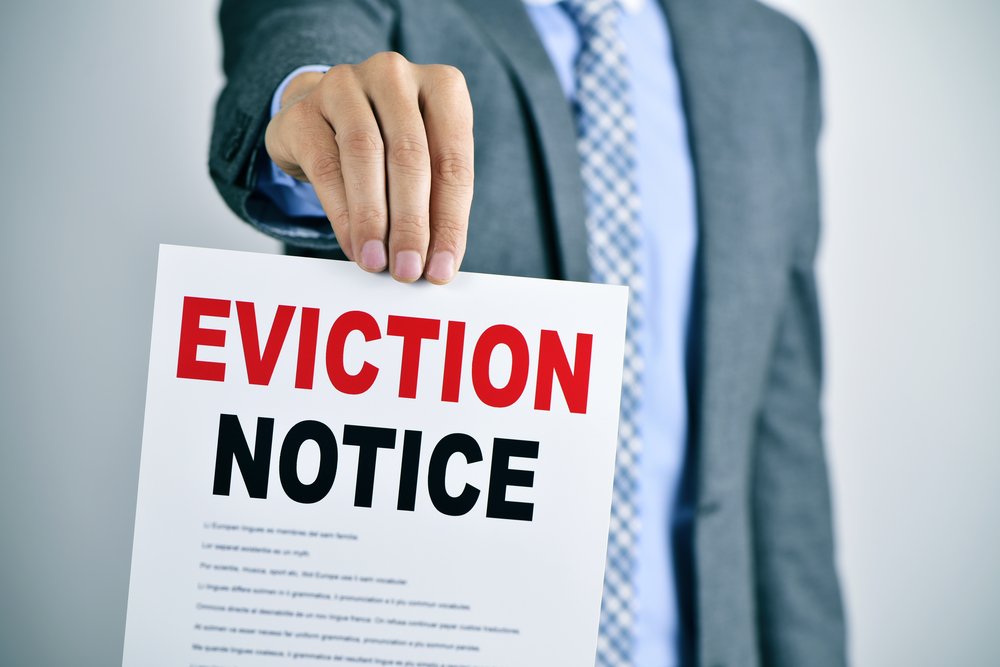Nursing Homes Are Evicting Residents to Make Room for Coronavirus Patients
Illegal evictions of Medicaid nursing home residents are nothing new, but the coronavirus pandemic is exacerbating the problem, according to an investigation by the New York Times.
Posted on June 29, 2020

Some states have asked nursing homes to accept coronavirus patients in order to ease the burden on hospitals. Even as the virus has devastated nursing homes, some have been welcoming these patients, who earn facilities far more than do Medicaid patients. To make room for these more lucrative coronavirus patients, the Times found that thousands of Medicaid recipients have been “dumped” by nursing homes. Many of the residents were sent to homeless shelters.
Nursing homes make far more money from short-term Medicare residents than from Medicaid residents, especially since the federal Centers for Medicare and Medicaid Services changed the reimbursement formula last fall. Now, writes the Times, a nursing home can get at least $600 more a day from a Covid-19 patient than from other, longer-term residents. In other cases, it wasn’t about the money but simply pressure from states to accept Covid patients.
According to federal law, a nursing home can discharge a resident only if the resident's health has improved, the facility cannot meet the resident's needs, the health and safety of other residents is endangered, the resident has not paid after receiving notice, or the facility stops operating. In addition, a nursing home cannot discharge a resident without proper notice and planning. In general, the nursing home must provide written notice 30 days before discharge, though shorter notice is allowed in emergency situations. A discharge plan must ensure the resident has a safe place to go, preferably near family, and outline the care the resident will receive after discharge.
According to the New York Times, nursing homes have been discharging residents without proper notice or planning. Because long-term care ombudsmen have not been allowed into nursing homes, there has been less oversight of the process. Old and disabled residents have been sent to homeless shelters, rundown motels, and other unsafe facilities. The Times heard from 26 ombudsmen, from 18 states, who reported a total of more than 6,400 discharges during the pandemic, but this is likely an undercount. In New Mexico, all the residents of one nursing home were evicted to make room for coronavirus patients.
If you or a loved one are facing eviction, you have the right to fight the discharge. Contact your attorney to find out the steps to take.
More from our blog…
Elder Financial Abuse: How an Elder Law Attorney Can Help
Elder financial abuse is a significant issue affecting many older adults nationwide. It involves someone exploiting or misusing an older person’s finances or assets for [...]
Does Medicare Cover Prescription Weight Loss Drugs?
Americans have a growing appetite for prescription drugs such as Ozempic, Wegovy, and Mounjaro. Originally developed to treat Type 2 diabetes, they are now exploding [...]
How Social Security Overpayment Rules Are Changing
With a new commissioner at the helm, the Social Security Administration (SSA) has been announcing several policy changes in recent weeks. In late March 2024, the [...]
Claiming the Guardianship of an Elderly Parent
Often an aging parent will lose their ability to think clearly or make informed decisions about their life. This may occur because of dementia, mental [...]
Recent blog posts

FREE WEBINAR
5 Things to Know About
Estate Planning
When You Turn Sixty-Five





